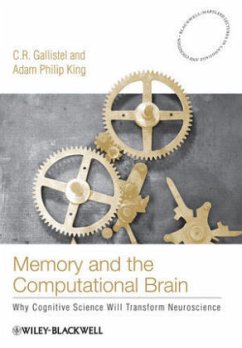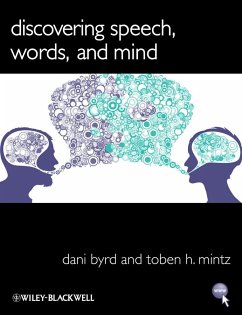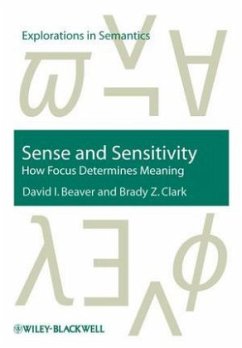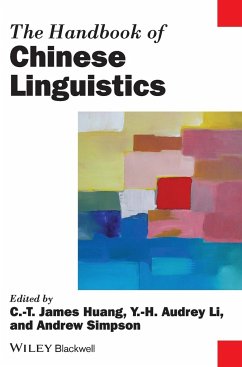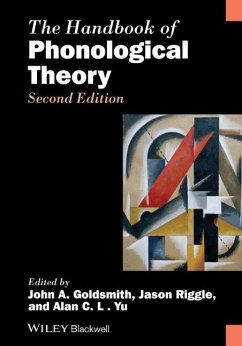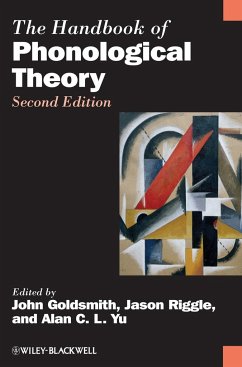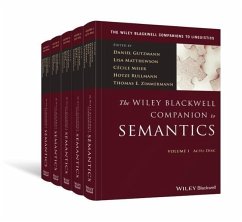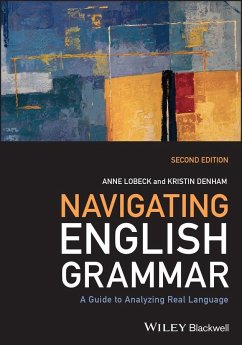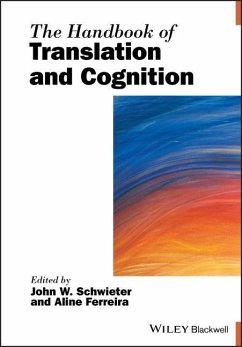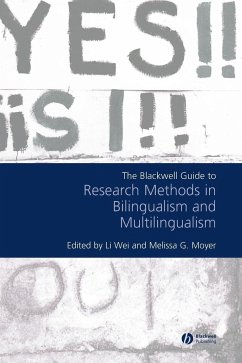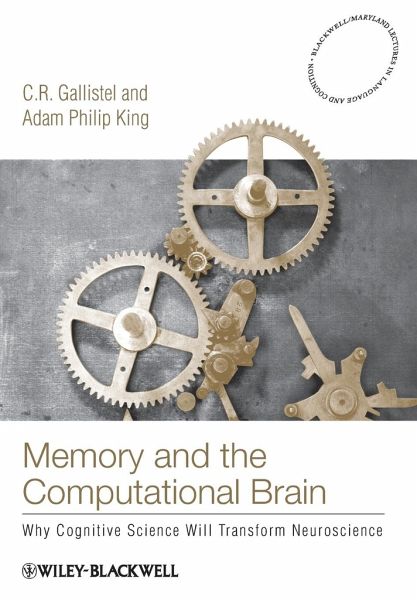
Memory and the Computational B
Versandkostenfrei!
Versandfertig in über 4 Wochen
65,99 €
inkl. MwSt.

PAYBACK Punkte
33 °P sammeln!
Memory and the Computational Brain spans the fields of cognitive science, linguistics, psychology, neuroscience, and education, to suggest new perspectives on the way we consider learning mechanisms in the brain. Gallistel and King propose that the architecture of the brain is structured precisely for learning and for memory, and that the concept of an addressable read/write memory mechanism should be integrated into the foundations of neuroscience. Significantly revised and expanded with numerous interdisciplinary examples and models, this text reflects recent research and is essential reading for both students and those working in the field.
Memory and the Computational Brain offers a provocative argument that goes to the heart of neuroscience, proposing that the field can and should benefit from the recent advances of cognitive science and the development of information theory over the course of the last several decades.
A provocative argument that impacts across the fields of linguistics, cognitive science, and neuroscience, suggesting new perspectives on learning mechanisms in the brain
Proposes that the field of neuroscience can and should benefit from the recent advances of cognitive science and the development of information theory
Suggests that the architecture of the brain is structured precisely for learning and for memory, and integrates the concept of an addressable read/write memory mechanism into the foundations of neuroscience
Based on lectures in the prestigious Blackwell-Maryland Lectures in Language and Cognition, and now significantly reworked and expanded to make it ideal for students and faculty
A provocative argument that impacts across the fields of linguistics, cognitive science, and neuroscience, suggesting new perspectives on learning mechanisms in the brain
Proposes that the field of neuroscience can and should benefit from the recent advances of cognitive science and the development of information theory
Suggests that the architecture of the brain is structured precisely for learning and for memory, and integrates the concept of an addressable read/write memory mechanism into the foundations of neuroscience
Based on lectures in the prestigious Blackwell-Maryland Lectures in Language and Cognition, and now significantly reworked and expanded to make it ideal for students and faculty



